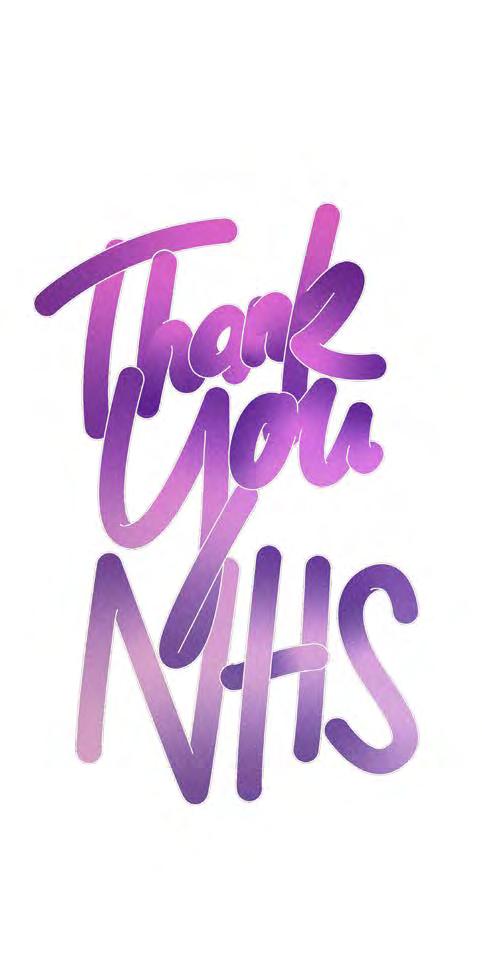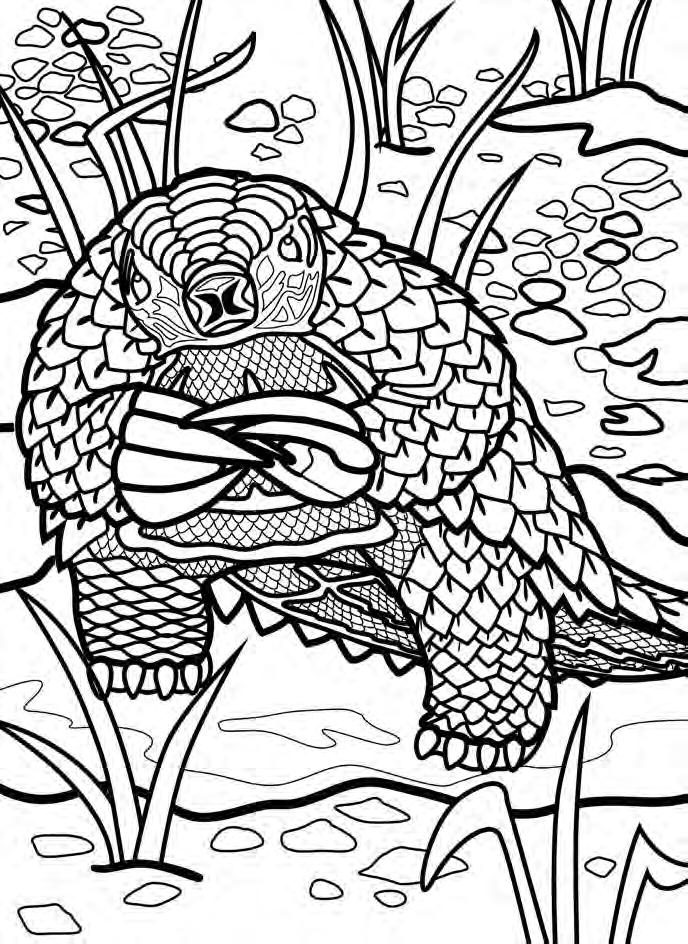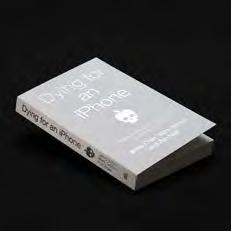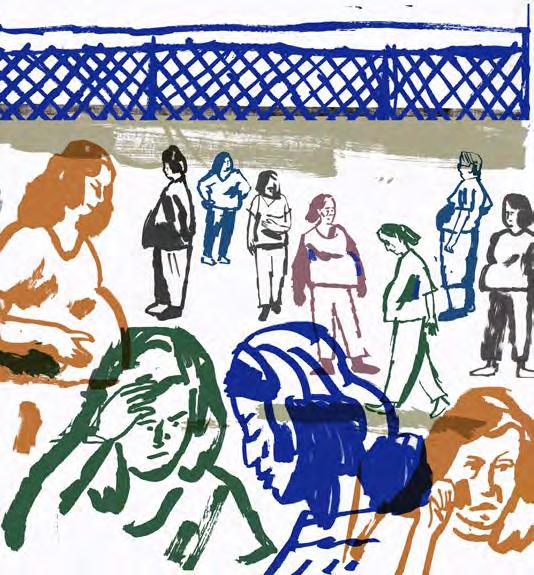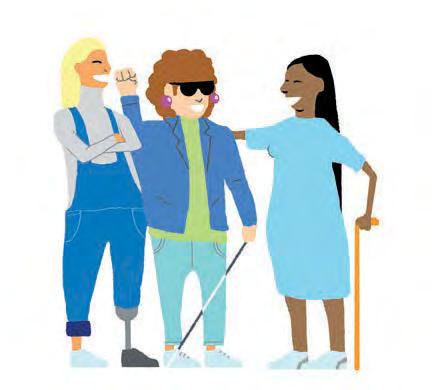
3 minute read
Starting your own podcast: In conversation with Oonagh Ryder
WIP’s Jodie Beck and Hareem Ghani sat down with The Lockdown co-host Oonagh Ryder to discuss her motivations for creating a podcast and her advice on how to start your own!
‘When I was at university, I got involved with a lot of anti-capitalist activism and climate activism,’ Oonagh Ryder recalls as we huddle around a wooden table in her kitchen. ‘Through that work I came into contact with the police,’ she says.
Advertisement
Oonagh, a 31-year-old Sociology graduate from Leeds, first became interested in the criminal justice system following violent clashes between the police and civilians at the Group of 20 (G20) protest in 2009 where 4,000 people took to the streets of London to protest about climate change and the global economy. ‘I was at that protest,’ she remembers, ‘the police were very violent and scary.’ In the aftermath of the two-day protest, more than 180 protesters – some suffering from concussions and broken bones – formally accused the police of excessive force and unprovoked assaults. ‘Those experiences at the protest,’ she recalls, ‘got me thinking this is really horrible, and I wonder what it is like for those communities where the criminal justice system and the police are really present.’
Graduating from the University of Leeds two years later, Oonagh began volunteering as an ‘Appropriate Adult’ for Catch 22 - someone who supports young people and adults with mental health problems in police custody. Having spent two years volunteering in Lewisham Police Station, Oonagh went on to work for various charities and frontline groups ranging from Clinks, an organisation representing over 500 voluntary organisations working in the criminal justice sector, to the West Yorkshire Community Chaplaincy Project, a small-scale community group located directly opposite HMP Leeds.
Subsequently, Oonagh became interested in prison abolition. Prison abolition, a concept popularised by former Black Panther Party member Angela Davis, academic Ruth Wilson Gilmore and activist Mariame Kaba, argues all prisons should be eliminated. Instead, abolitionists believe we should invest in education, healthcare and housing to ensure we are addressing the root causes of offending, often arising from poverty. ‘Often, we talk about crime or offending as if it’s a result of individual character flaws and not a result of social problems,’ Oonagh concludes.
In 2017, Oonagh co-founded The Lockdown, a podcast all about prisons and the criminal justice system in Britain. With 26 episodes recorded so far, co-hosts Oonagh Ryder and Carl Cattermole (previously Sam Swann) explore a range of topics, from the spread of coronavirus in UK prisons to deaths in police custody and the experiences of gender non-conforming people in prison. The podcast often invites experts onto the show; previous guests include Marcia Rigg from the United Friends and Families Campaign (UFFC), Deborah Coles from INQUEST and actor Michael Balogun, who spent much of his youth in and out of prison. ‘I’m not interested in having too many academics on [the show],’ Oonagh states, ‘I’m always interested in having people who are doing work alongside their thinking.’

So what motivated Oonagh to start the podcast in the first place? The intention behind the podcast was to educate the wider public about the concept of justice. ‘Most people are really new to abolition,’ Oonagh says, ‘it’s not a widespread worldview, so I was hoping to carry the listener and encourage people to feel like they can ask all those questions that might seem silly.’ ‘Podcasting is really DIY,’ Oonagh explains, ‘not many podcasts that I listen to are particularly polished,’ she says. Podcasts are an accessible way for people to share their stories; all you have to do is buy a basic recorder and start talking. ‘When I came up with the idea for the podcast, I’d not really done anything like it before,’ Oonagh laughs. ‘If you’re not inside [prison] and you’ve got access to the Internet, National Public Radio have this website where they tell you how to record a podcast,’ she says. ‘Anyone who has experience of, or thoughts on, the criminal justice system should be producing as much of this stuff as possible’ says Oonagh.
A podcast is an audio show, usually spread across episodes, which can be downloaded from the Internet and listened to either on your computer, phone or tablet. Podcasting has become an increasingly popular medium since 2015. Well-known podcasts include The Teacher’s Pet, an Australian true crime investigation of a disappearance, and How Did This Get Made?, where the hosts mock outlandishly bad films. There are now an estimated 660,000 podcasts in production globally.

